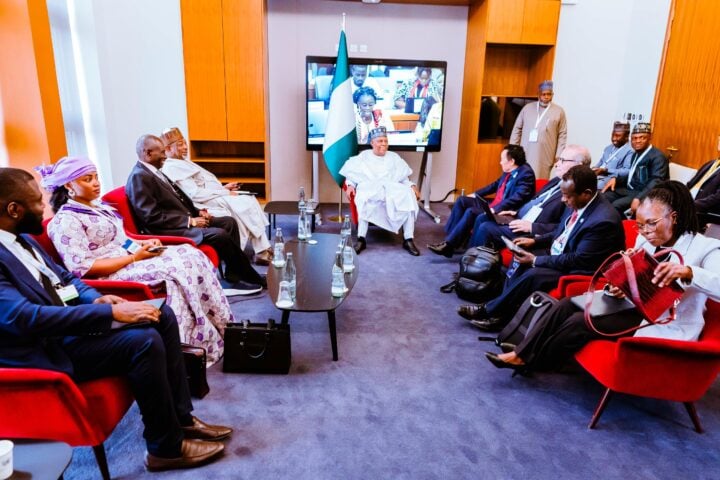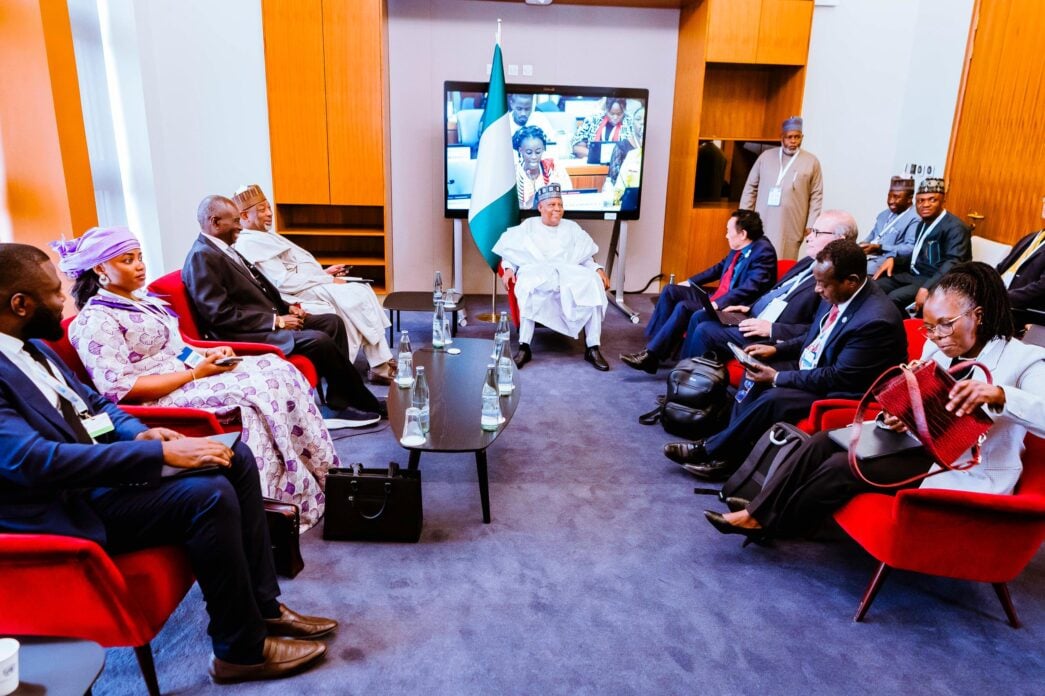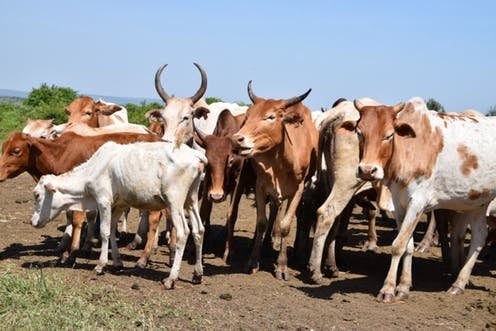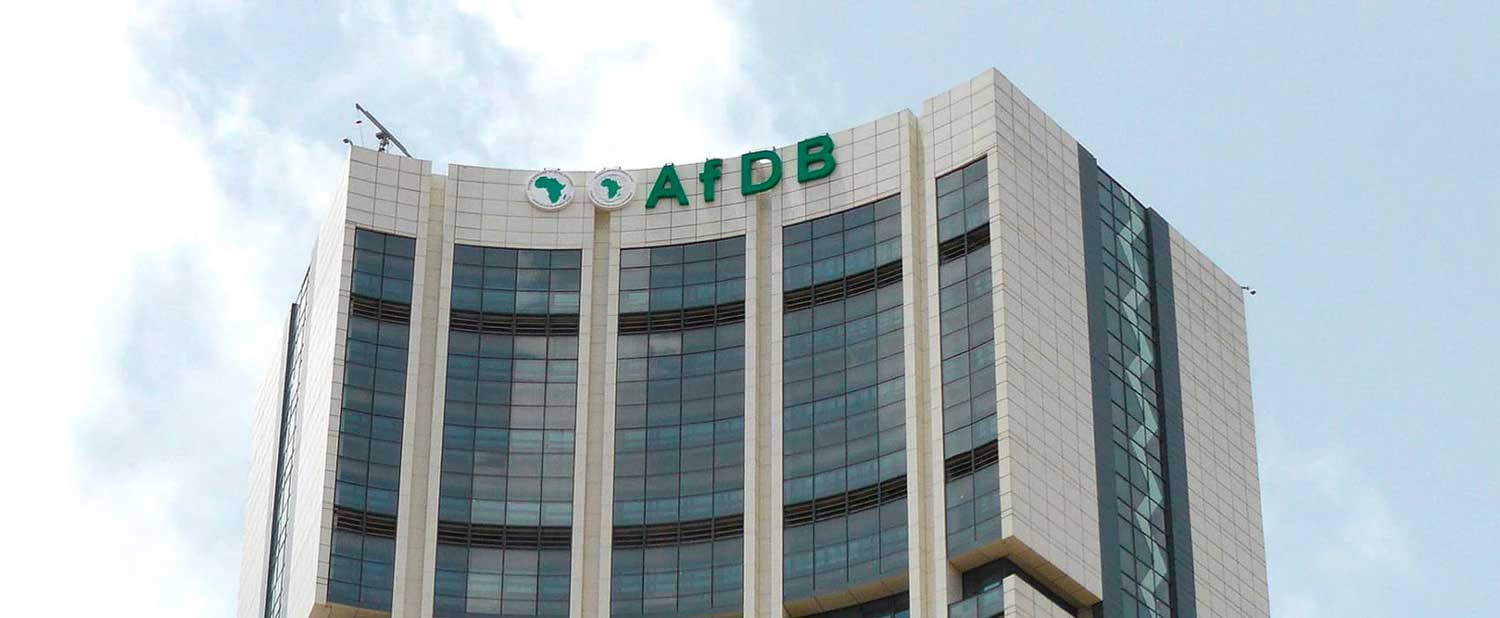Vice-President Kashim Shettima says President Bola Tinubu’s decision to declare a state of emergency on food security was not driven by fear, but by concern for the welfare of Nigerians.
In a statement on Tuesday, Stanley Nkwocha, Shettima’s spokesperson, said the vice-president spoke during a panel session on country perspectives at the UN Food Systems Summit (UNFSS+4) in Addis Ababa, Ethiopia.
Shettima said Tinubu’s “declaration and the broader food strategy” are part of a plan to transform agriculture into a resilient, youth-led, and market-based engine for growth.
He said Nigeria cannot claim full sovereignty without food sovereignty, stressing that the president’s action was meant to prioritise the needs of vulnerable communities, particularly in conflict-affected regions.
Advertisement
“Our target is to attain food sovereignty. So long as a nation is not independent in the area of food sovereignty, it remains a non-sovereign nation,” Shettima was quoted as saying.
“His Excellency President Tinubu declared a state of emergency on food security, not out of fear, but out of genuine concern for the welfare of our people, especially in conflict-driven environments like the North East, where Boko Haram was sowing seeds of discord and destruction.”
Shettima said the government, through the Presidential Food Systems Coordinating Unit (PFSCU), is not replacing existing agencies but working to harmonise food security interventions across the country.
Advertisement
He said the administration has begun food support initiatives in the north-east and north-west, noting that long-term resilience must go beyond aid.
“In Africa, we say that when you give a man a fish, you feed him for a day. If you teach him to fish, you empower him for life,” he said.
“In our displaced people’s camps, we’re encouraging food production for dignity and resilience.”
The vice-president said the government is investing in improved seeds, extension services, climate-resilient farming techniques and mechanisation to boost agricultural output.
Advertisement
He added that the country’s extension services are being strengthened to help farmers manage climate shocks and access real-time information.











